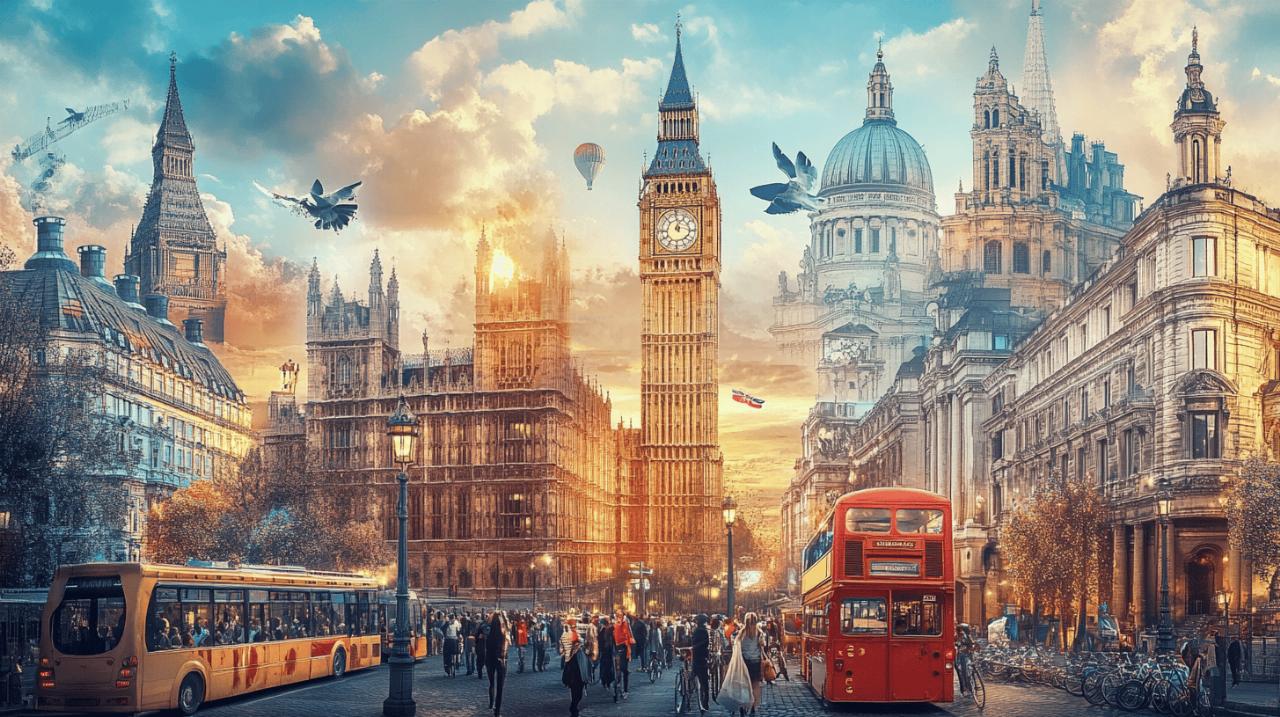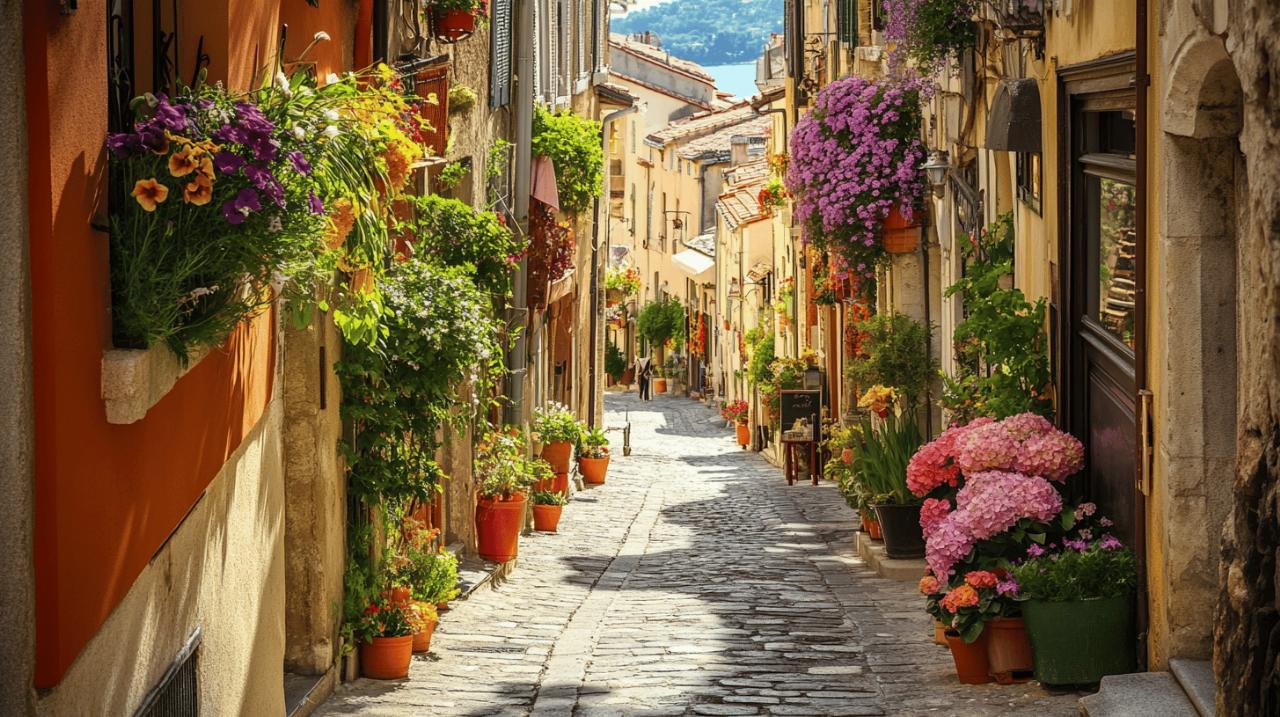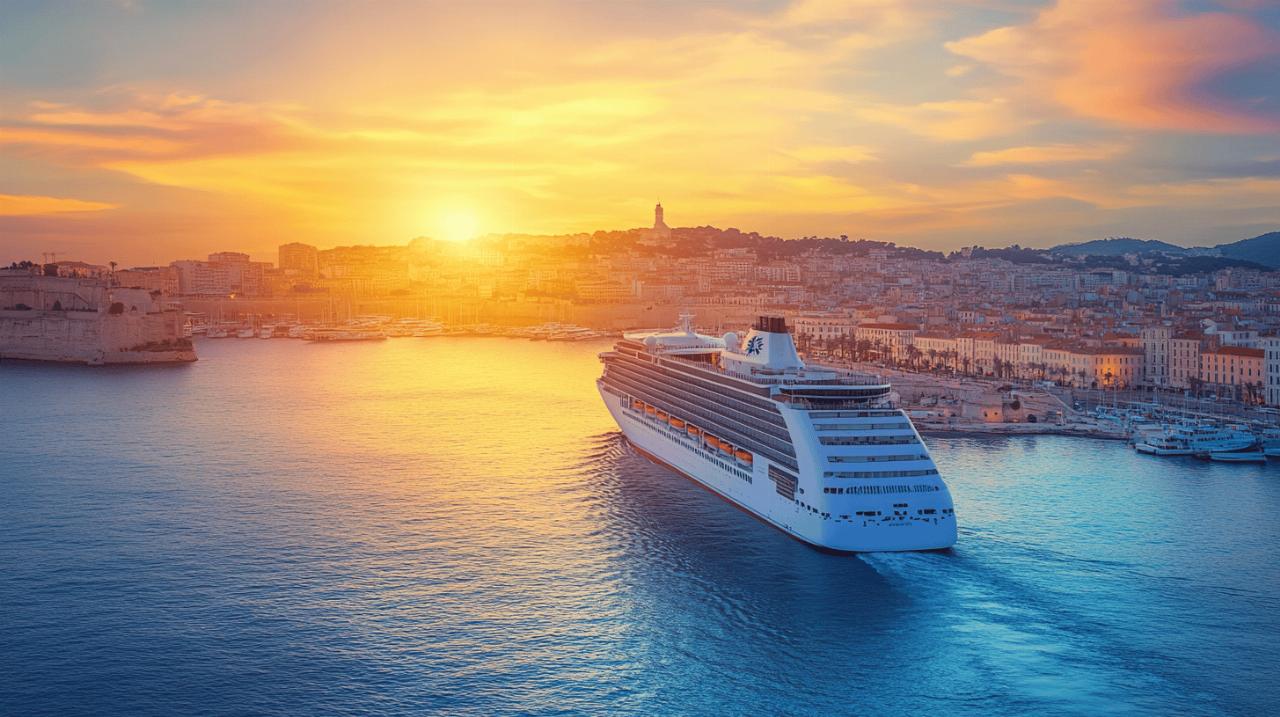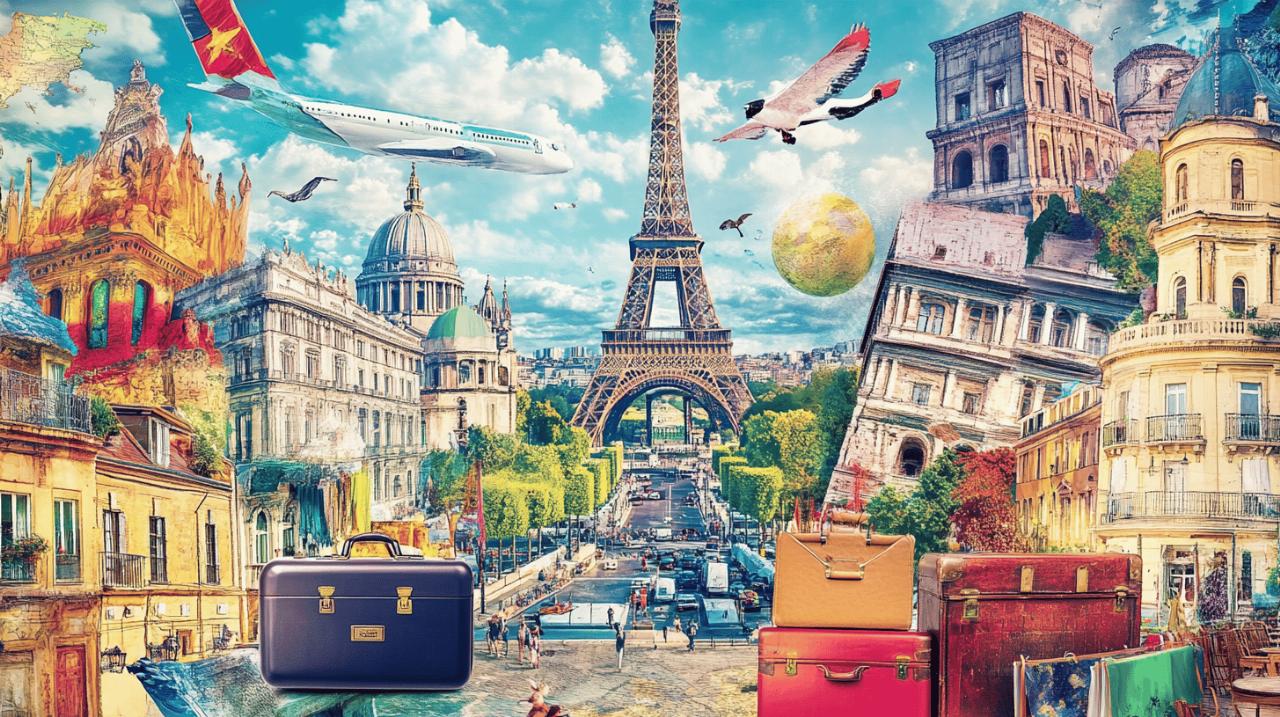Escaping the daily grind for a weekend adventure has become one of the most cherished ways to explore the world without depleting your annual leave. European city breaks offer precisely this opportunity, blending convenience with discovery, allowing travellers to immerse themselves in new cultures, stunning architecture, and fascinating history within just a few days. Whether you're drawn to ancient ruins perched on rocky outcrops or vibrant streets filled with the aroma of local cuisine, these short urban escapes have captured the imagination of wanderers across the globe. The beauty of such getaways lies in their accessibility and the sheer variety of experiences packed into a compact timeframe, making every moment count.
What Exactly Is a City Break and Why Are They So Popular?
Defining the modern city break experience
A city break is essentially a short holiday focused on exploring urban destinations, typically lasting anywhere from a long weekend to just a couple of nights. Unlike traditional holidays that might involve weeks of relaxation on a beach or extensive touring across multiple regions, city breaks are concentrated bursts of cultural immersion and adventure. They cater to those who crave a change of scenery without committing to lengthy travel itineraries or exhausting their holiday allowance. The concept has evolved to suit modern lifestyles, where time is precious and the desire for meaningful experiences is paramount. From wandering through cobbled streets to sampling street food in bustling markets, these trips are designed to deliver maximum impact in minimal time.
The appeal of short urban escapes across europe
The popularity of European city breaks stems from their remarkable diversity and accessibility. With hundreds of destinations within a short flight from the UK, travellers can easily find a city that aligns with their interests, whether that involves exploring historic cities steeped in centuries of heritage or indulging in world-class gastronomy. Amsterdam, for instance, boasts more than four hundred kilometres of cycling infrastructure, inviting visitors to explore canal-side restaurants and verdant parks like Vondel Park or Westerpark at a leisurely pace. Meanwhile, Berlin captivates with its monuments, museums, and vibrant street art, even offering free admission to sixty museums on the first Sunday of each month. The combination of convenience, affordability, and the promise of unforgettable memories makes these short escapes irresistible to travellers seeking both adventure and relaxation.
Uncovering europe's ancient ruins through city break adventures
Top european destinations showcasing historical treasures
Europe is a treasure trove of ancient ruins and historical landmarks, many of which are easily accessible during a weekend getaway. Athens, the birthplace of classical civilisation, stands as a testament to the grandeur of the Greek Empire. The Acropolis, perched majestically on a rocky outcrop, offers a glimpse into a world where philosophy, democracy, and art flourished. Wandering through the ruins of temples and ancient theatres, visitors can almost hear the echoes of orators and playwrights who once shaped Western thought. Dubrovnik, often referred to as the pearl of the Adriatic, enchants with its old town, where medieval walls and fortifications tell stories of maritime power and resilience. Nearby islands such as Lopud, Kolocep, and Sipan provide additional layers of history and natural beauty, making the region a haven for those who appreciate both cultural heritage and scenic splendour.
Unesco world heritage sites within easy reach
Many European cities are home to UNESCO World Heritage Sites, offering travellers the chance to witness some of the most significant cultural and historical landmarks on the planet. Rome, the eternal city, is a living museum where ancient history unfolds at every corner. From the Colosseum to the Roman Forum, the remnants of an empire that once dominated the known world are preserved with care, inviting visitors to step back in time. Prague, with its fairytale architecture and romantic charm, is another destination where history feels alive, its old town square and castle complex recognised for their outstanding universal value. These sites not only enrich the travel experience but also serve as reminders of humanity's shared heritage, inspiring a deeper appreciation for the cultures and civilisations that came before.
Immersing Yourself in Cultural Heritage During a Weekend Away
Experiencing Local Traditions and Cuisine in European Cities
 One of the most rewarding aspects of a city break is the opportunity to engage with local traditions and savour regional cuisine. Lyon, renowned as a gastronomic capital, delights food lovers with its Michelin-starred restaurants, bustling local markets, and irresistible street food. The city's position along the Saone and Rhone rivers adds a picturesque backdrop to culinary adventures, whether you're sampling traditional Lyonnaise dishes or exploring hidden bistros known only to locals. Malaga, situated on the Costa del Sol, offers a different flavour, blending beachside relaxation with cultural exploration. Museums such as the Carmen Thyssen and the Pompidou Centre provide intellectual stimulation, while local markets brim with fresh produce and artisan goods. The act of dining in these cities is not merely about sustenance but about connecting with the place and its people, understanding their values, and celebrating their creativity.
One of the most rewarding aspects of a city break is the opportunity to engage with local traditions and savour regional cuisine. Lyon, renowned as a gastronomic capital, delights food lovers with its Michelin-starred restaurants, bustling local markets, and irresistible street food. The city's position along the Saone and Rhone rivers adds a picturesque backdrop to culinary adventures, whether you're sampling traditional Lyonnaise dishes or exploring hidden bistros known only to locals. Malaga, situated on the Costa del Sol, offers a different flavour, blending beachside relaxation with cultural exploration. Museums such as the Carmen Thyssen and the Pompidou Centre provide intellectual stimulation, while local markets brim with fresh produce and artisan goods. The act of dining in these cities is not merely about sustenance but about connecting with the place and its people, understanding their values, and celebrating their creativity.
Beyond paris: hidden gems for culture-seekers
While Paris remains a perennial favourite, with its iconic landmarks and effortless elegance, countless lesser-known destinations offer equally enriching experiences. Seville, with its perfect spring and autumn weather, invites travellers to explore its rich history and indulge in Iberian ham, often accompanied by private food tours that reveal the city's culinary secrets. Florence, nestled in the Tuscan hills, exudes romance and history, with early access tours to the Accademia allowing visitors to admire masterpieces without the usual crowds. Lisbon, with its hilly coastal landscape and historic wineries, offers a blend of tradition and modernity, while the Rua Augusta Arch provides breathtaking views over the city. Each of these destinations possesses a unique character, inviting culture-seekers to venture beyond the well-trodden paths and discover new favourites.
Planning your budget-friendly european city break
Finding affordable flights and accommodation options
Travelling on a budget does not mean sacrificing quality or experience. With a bit of planning and flexibility, it is entirely possible to enjoy a memorable city break without breaking the bank. Many European destinations are within a short flight from the UK, often taking no more than two and a half hours, which not only reduces travel time but also opens up opportunities for competitive pricing. Booking flights in advance or opting for midweek departures can yield significant savings. Accommodation options have also become more diverse, with hostels, boutique hotels, and eco-friendly hotels offering excellent value. EU Ecolabel accommodations, for example, meet high environmental standards by reducing waste, saving energy, and limiting air pollution, all while providing comfortable and affordable lodging. These establishments invest in efficient appliances, renewable energy, and better heating and cooling systems, often using up to fifty percent less energy than standard accommodations.
Maximising Your Time: Creating Lasting Memories in Just a Few Days
The key to a successful city break lies in careful planning and a willingness to embrace spontaneity. Prioritising must-see attractions while leaving room for unexpected discoveries ensures a balanced itinerary. Booking popular cultural attractions ahead of time, such as museums or guided tours, can save precious hours that might otherwise be spent queuing. Walking tours led by local, independent guides offer insights that guidebooks often miss, revealing hidden gems and sharing stories that bring the city to life. In cities like Oslo, which is compact and walkable, visitors can easily explore on foot, stopping for fresh seafood and sampling local gin along the way. The rooftop of the Opera House provides panoramic views that encapsulate the city's charm. Similarly, Tallinn's historic city centre and burgeoning Baltic food scene invite leisurely exploration, with secret cocktail bars adding an element of surprise. By focusing on experiences rather than ticking off a list, travellers can create lasting memories that resonate long after the weekend has ended.
European city breaks represent more than just a quick escape; they are gateways to understanding the diverse tapestry of cultures, histories, and traditions that define the continent. From the ancient ruins of Athens to the vibrant streets of Lyon, each destination offers a unique narrative waiting to be discovered. The appeal of these short urban escapes lies in their ability to deliver rich, immersive experiences without the need for extensive time or financial commitment. As sustainable tourism gains momentum, choosing eco-friendly hotels and supporting local businesses further enhances the value of these journeys, ensuring that the places we love remain vibrant and welcoming for generations to come. Whether you seek history, culture, gastronomy, or simply a change of scenery, a European city break promises adventure, discovery, and the joy of exploration.





